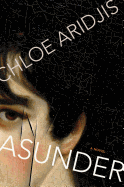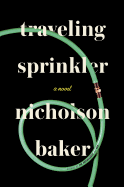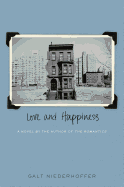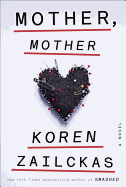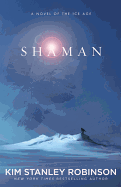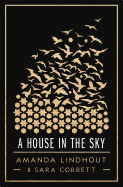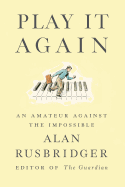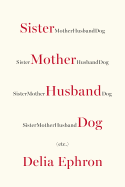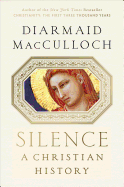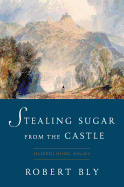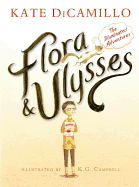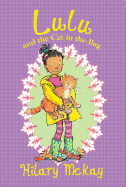 |
| photo: Allyson Lent |
Elizabeth Cohen has worked as a gas station attendant, a waitress, the girl who put videotapes on a dumbwaiter so people could watch them upstairs at the Museum of Radio and Television, a fact checker, an editorial assistant and a journalist, and is currently a professor of creative writing in the English Department at SUNY Plattsburgh. Growing up in New Mexico, earning a degree in anthropology and then taking a job on a remote Panamanian island inspired her interest in stories of people from different cultures and backgrounds. She is the author of The Family on Beartown Road, a memoir, and coauthor of The Scalpel and the Silver Bear, a memoir of the first Navajo woman surgeon. The Hypothetical Girl (Other Press, August 6, 2013) is her collection of short fiction about people who meet online while seeking love. She lives with her daughter, Ava, in Plattsburgh, N.Y.
On your nightstand now:
Tenth of December by George Saunders. My best friend sent it to me, which is a good example of why she is my best friend. I am awed by Saunders's somewhat shocking array of characters and the disturbing feeling I get reading these. Like the one about a woman who chains her child to a tree in her backyard.
Favorite book when you were a child:
The Chronicles of Prydain series, especially The Book of Three, by Lloyd Alexander. In these books, a boy named Taran (if I had a son, he would definitely be Taran) is in charge of pigs on a small, poor homestead. Actually he is an "assistant pig-keeper," but the universe has other plans for him that include defeating an army of zombies, stealing a magic cauldron, leading an army of elves and dwarves and eventually--you probably guessed this--becoming king of a magical land. I loved his sidekick, too, a little monster named Gurgi, who refers to himself in the third person. My father read these books to my sister and me at bedtime, over and over, for years. (And then, one day, I started reading them myself, over and over.) I remember how he would stop to chuckle at certain parts and how he had to push his glasses up his nose when they would slip down and how he used a matchbook as a book mark and what a bummer it was when he would put that matchbook bookmark in and shut the book at night, and say, "Now go to sleepy, little girlies."
Your top five authors:
(Oh no, only five? Okay, here goes...) Mary Gaitskill, Anton Chekhov, Isaac Babel, Anne Tyler, Jayne Anne Phillips, Louise Erdrich (whoops, was that six, sorry...).
Book you've faked reading:
Marcel Proust's Remembrance of Things Past. Hasn't everyone? I can say that to date I have resisted fake quoting the part about him eating that madeleine. I hate it when people quote that, as if they actually read it. Probably 10% of the people who quote that have actually read it. It has become my litmus test for fraud, when someone mentions that.
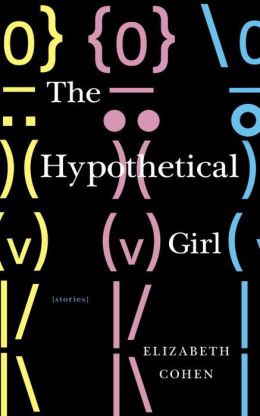 Book you're an evangelist for:
Book you're an evangelist for:
Bad Behavior by Mary Gaitskill. This book was like getting a bag of secrets handed off to me. Reading it was akin to unearthing the diaries of average people and then voyeuristically reading about their strangest and sometimes most sexually charged moments. I carried around my copy in my bag for a year after I finished it, maybe even two, and I constantly reread the stories, the way you might see some people reading the Bible on the subway. It is dog-eared. It has coffee stains. I swear, Mary Gaitskill has telescopic vision into the soul.
Book you've bought for the cover:
Angels and Insects by A.S. Byatt. Fortunately, it was pretty good.
Book that changed your life:
Franny and Zooey by J.D. Salinger. Salinger examines the spirit of a brilliant yet wickedly depressed teenager. As I read it as a wickedly depressed and probably smarter-than-your-average teenager, it spoke to me, on the deepest level. Plus, it made me want to write. Franny, the protagonist, is a writer girl.
Favorite line from a book:
"Many years later, as he faced the firing squad, Colonel Aureliano Buendía was to remember that distant afternoon when his father took him to discover ice." --from One Hundred Years of Solitude by Gabriel García Márquez
Book you most want to read again for the first time:
I wish I could read Pride and Prejudice for the first time. I am not exactly proud of this.
Your favorite food to snack on while writing:
The Cheeto. Definitely the Cheeto. But the orange stuff gets on your fingers and that can really muck up a keyboard, so I do not recommend this to other writers.
Book Brahmin: Elizabeth Cohen
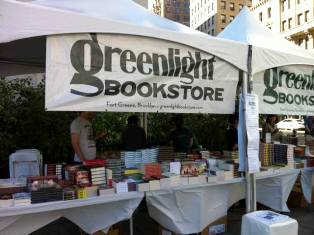




 Book you're an evangelist for:
Book you're an evangelist for: